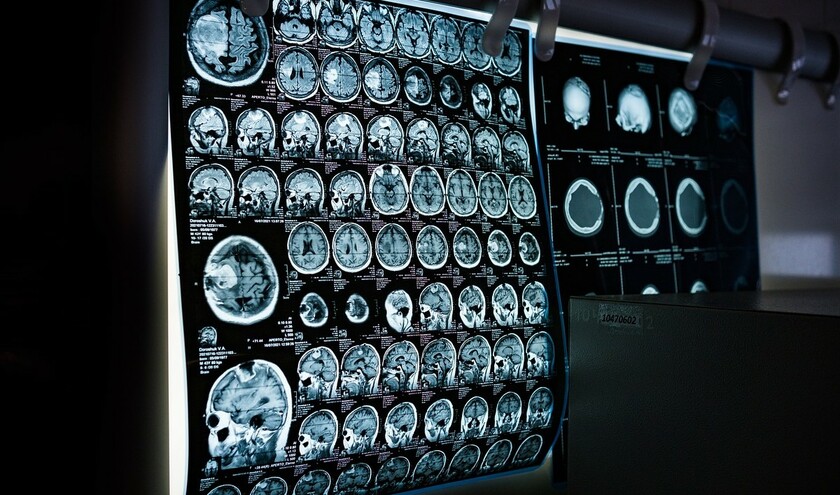The team from the Universities of Edinburgh and Dundee has approval to use 1.6 million images from CT and MRI brain scans from patients in Scotland from 2008 to 2018.
The team will then use artificial intelligence and machine learning to analyse the image data alongside linked health records, without patients being identifiable, to find patterns that could indicate a person's risk of developing dementia.
The aim is to build a digital healthcare tool that radiologists can use when scanning for other conditions to determine a person's dementia risk, and to diagnose early stages of related diseases.
The project, called Scottish AI in Neuroimaging to predict Dementia and Neurodegenerative Disease (SCAN-DAN), is one of three ‘pathfinders' from global research collaboration NEURii, which launched a year ago. NEURii comprises global pharmaceutical company Eisai, Gates Ventures, the University of Edinburgh, national health data science organisation Health Data Research UK, and medical research charity LifeArc.
Professor Will Whiteley, of the University of Edinburgh's Centre for Clinical Brain Sciences, is co-leading the SCAN-DAN project. He said: ‘Currently treatments for dementia are expensive, scarce and of uncertain value. If we can collect data from a large group of people at high risk, who then give their consent to take part in trials, we can really start to develop new treatments.
‘Working with NEURii really gives us the potential for patient impact – to build something that actually makes it into practice. Often modelling doesn't go anywhere, but motivation from the NEURii team to develop a useful product really concentrates the mind."
Professor Emanuele Trucco, an expert in AI and medical imaging at the University of Dundee and SCAN-DAN co-lead, added: ‘Should we establish a successful proof of concept, we will have a suite of software tools that are smoothly and unobtrusively integrated with routine radiology operations, that assist clinical decision-making and flag the risk of dementia as early as possible.'



